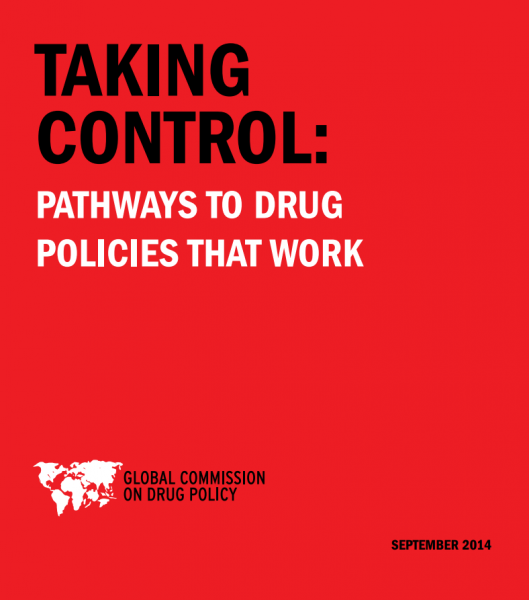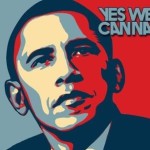What Are the Obstacles to Global Drug Legalization?

In an article “Kofi Annan: The War on Drugs Has Failed in West Africa and Around the World” published at Vice.com, former UN Secretary General, Kofi Annan, said that drug users needed help and not punishment.
And together with the West Africa Commission on Drugs (WACD) and Chairman Olusegun Obasanjo, former Nigerian President, they revealed that existing drug policies were ineffective and detrimental to the efforts toward educating the people about drug threats; in fact, illegal drugs were still in major transit in the West African region into its main markets, the US and the UK.
In a related story, a 2013 United Nations Office on Drugs and Crime report revealed that cocaine trade in the West African region, which serves as transshipment point between producers in the Latin Americas and consumers in Europe and US, estimated that annual revenue from drug trade reaches an average of $1.25 billion. This big revenue poses threats to destabilizing state institutions, threatening democracy and slowing down economic progress in the region that has just recovered from years of instability and conflicts.
The same commission recommended treating drug use as a public health problem, while focusing on actions versus drug traffickers (who benefit monetarily while drugs are illegal).
Annan furthered, however, that people couldn’t expect the government to solve all the problems by themselves alone, but the society as well as the international community should take part in helping West Africa and the rest of the world in tackling the big, long-standing drug menace.
So, is it high time to foster a paradigm shift in how the people and the world regulates and perceives drugs?
YES, this is the clear message of the very radical move by political leaders and industrial influencers, including Kofi Annan, George Shultz and Richard Branson, along with former presidents of countries, such as Colombia, Brazil, Poland, Chile and Portugal. Collectively, they, along with other world leaders, formed the Global Commission on Drug Policy that published the report “Taking Control: Pathways to Drug Policies that Work, (September, 2014)” mainly arguing how the world’s problem on drugs has been a failure and policies have to be changed.
To sum up the gist of the proposals contained in the report, Annan, along with others, recommended that the world needed drug policies informed by evidence of what would actually work, and not policies that would criminalize drug users while failing to give them access to effective prevention/treatment.
The said commission is calling on governments to decriminalize drug users and legalize drugs, such as marijuana.
So without even saying, existing drug policies are the burdens themselves toward the global legalization of drugs (which should have been regulated for public education, street safety and crime reduction in the world, but only possible with more realistic government policies on drugs).
Photo Credit: Sensi Seeds
















